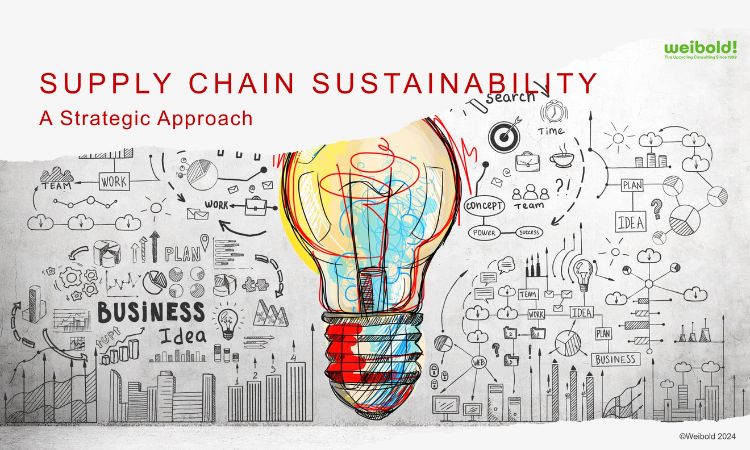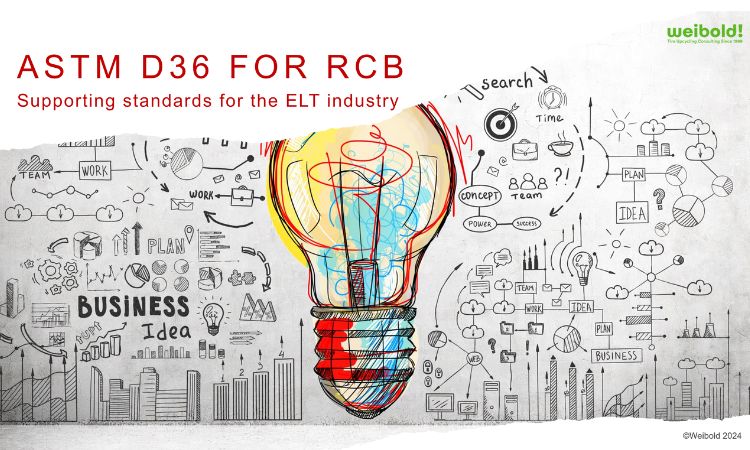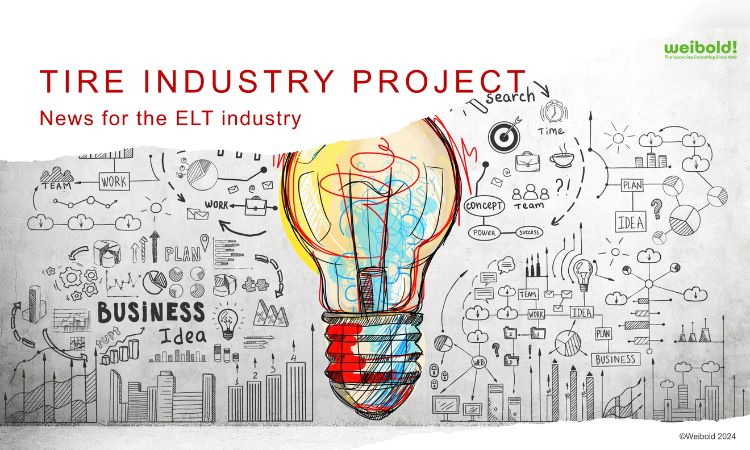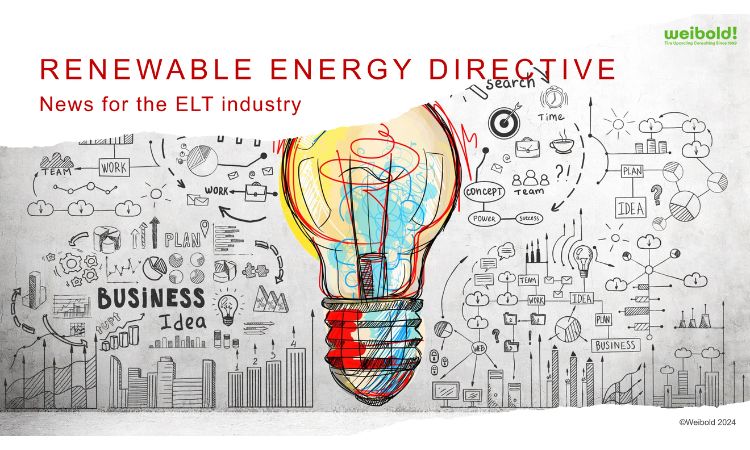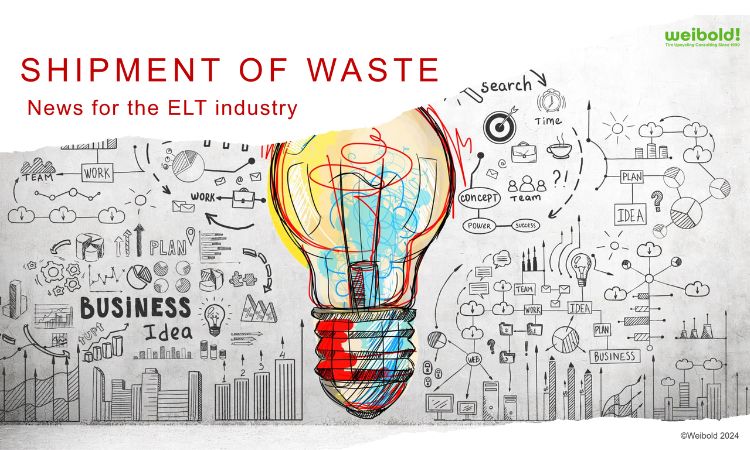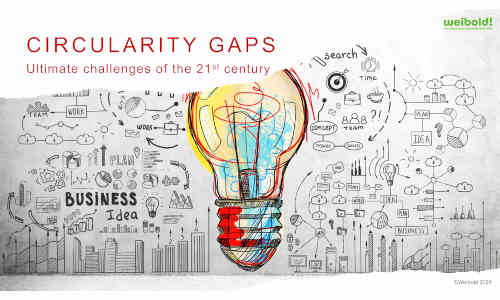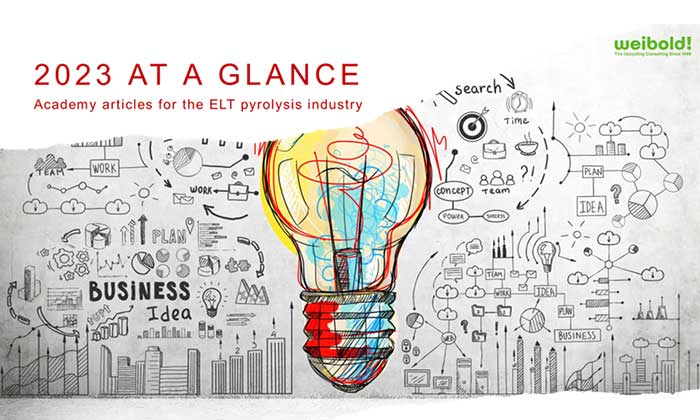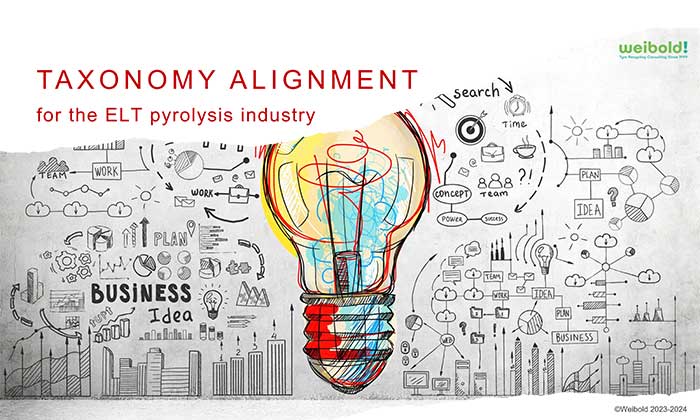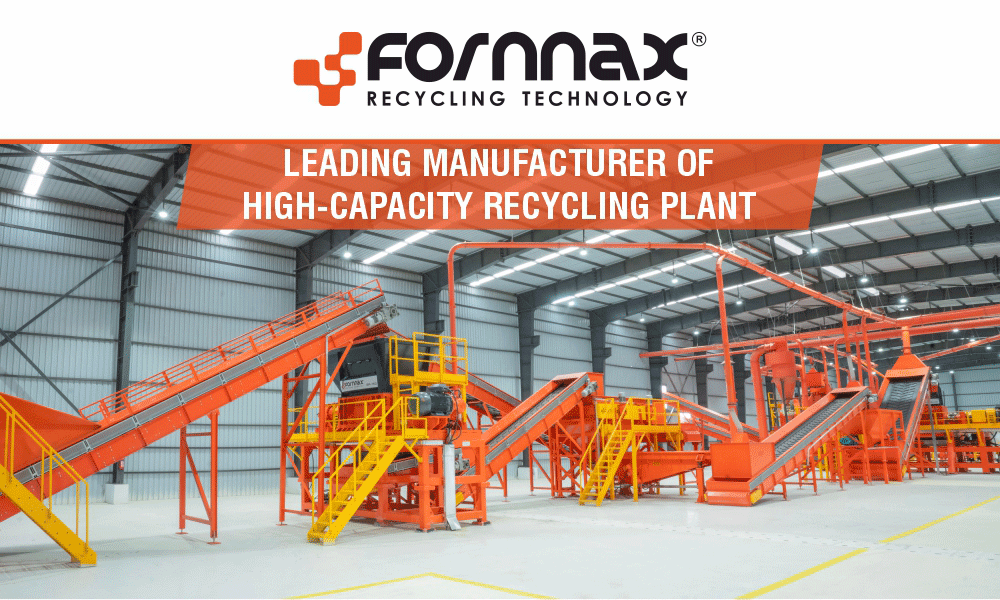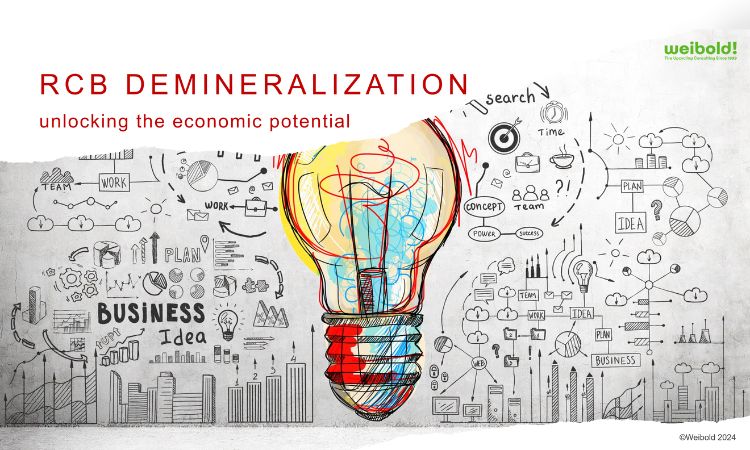
Weibold Academy: Unlocking economic potential of rCB demineralization
End-of-life tires represent a significant global waste problem. Their robust structural and chemical properties pose challenges for traditional recycling methods. With 1.5 billion tires manufactured annually, the environmental impact is substantial, with each tire contributing approximately 300 kg of CO2 emissions. The increase in tire production, driven by the rise of electric vehicles, underscores the urgency for effective recycling strategies. Waste tires are not only difficult to dispose of but also pose environmental hazards when dumped or incinerated. Traditional disposal methods like open dumping and incineration lead to issues such as fire hazards, mosquito breeding grounds, and the release of harmful pollutants.



